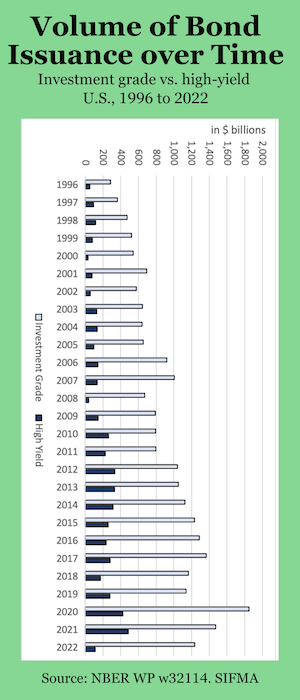More than a year before the deadline for full compliance with the Department of Labor’s conflict-of-interest rule, advisors to defined contribution plans are already beginning to review their investment lineups and remove potentially problematic mutual fund options, according to a new report from Ignites Retirement Research.
Because of the fiduciary rule, 7% of plan advisors expect to reduce their use of actively managed equity mutual funds in DC plans, according to the report. Eight percent of plan advisors expect to scale back their use of variable annuities, most of which sell on a commission basis and therefore can’t be sold unless the advisor signs a “Best Interest Contract” that holds him or her legally accountable to clients.
“The fiduciary rule will cause plan advisors to scrutinize the cost of mutual funds in DC plans, which should set in motion tens of billions of dollars in mutual fund assets,” said Loren Fox, director of Ignites Retirement Research and co-author of the report, in a release. “DC plans are gradually shifting to lower-cost and passive products. That will make pricier, actively managed mutual funds a harder sell.”
The report, “Adapting DCIO Strategy for the Fiduciary Rule,” said that more than half (55%) of the DC plan advisors surveyed either intend to review or are very likely to review the mutual funds used in client plans before the DOL’s rule takes effect.
“One-third of financial advisors who counsel DC plans already plan to make changes to mutual funds used in their clients’ DC plans in 2017” and “another 9% are likely to make such changes,” Ignites said in a press release this week.
The new DOL regulation, which goes into partial effect in April 2017 and full effect at the beginning of 2018, holds advisors to DC plans and IRA accounts to an ethical standard that prohibits them from putting their own interests ahead of their clients interest. In the case of DC plans, advisors could violate the rule by recommending investment options on the basis of how well those options compensate them or their firms, typically through revenue-sharing agreements.
For the study, Ignites Retirement Research surveyed 251 plan advisors with an average of $770 million in DC assets under management. Half of these advisors said they are scheduling meetings with plan sponsors about the impact of the rule and reviewing investment products (strategies, investment vehicles, fee structures, share classes) in DC plans. Another 17% of these advisors said they are “very likely” to meet with plan sponsors before the fiduciary rule’s final deadline.
Some 26% of plan advisors surveyed in the report expect index equity mutual funds to be the top winner in DC plans in the aftermath of the implementation of the fiduciary rule; index funds are typically cheaper than actively managed funds and produce higher net returns, on average. Almost one-fourth (23%) of plan advisors plan to increase their use of products mixing active and passive strategies.
© 2016 RIJ Publishing LLC. All rights reserved.


